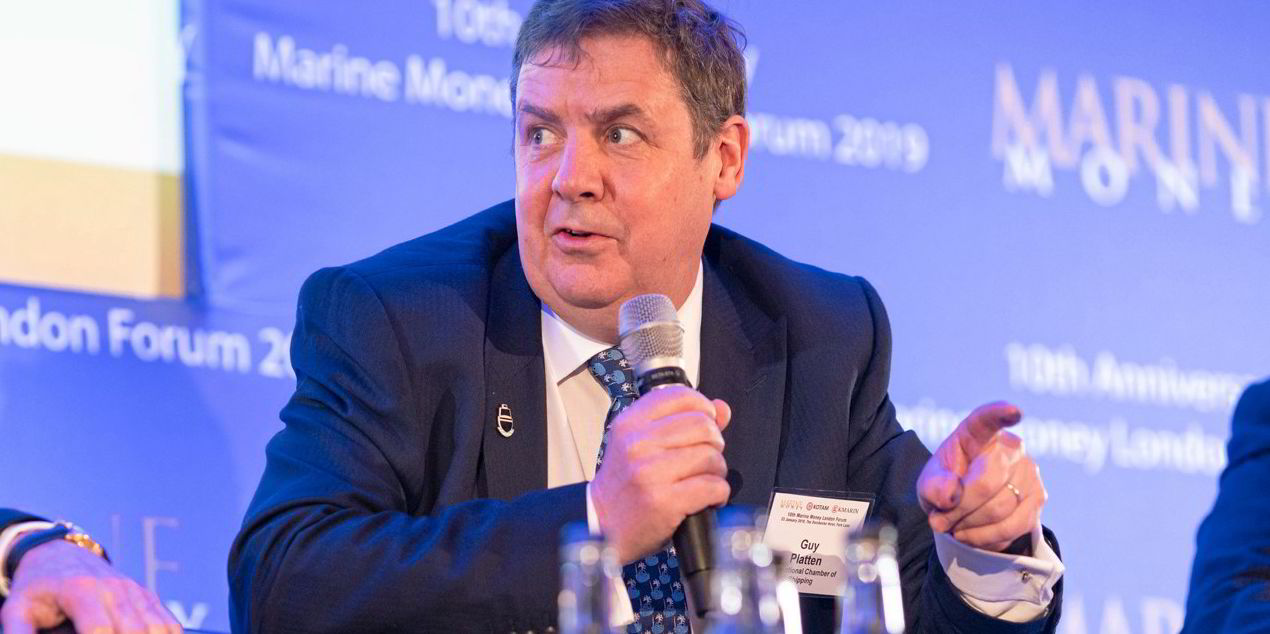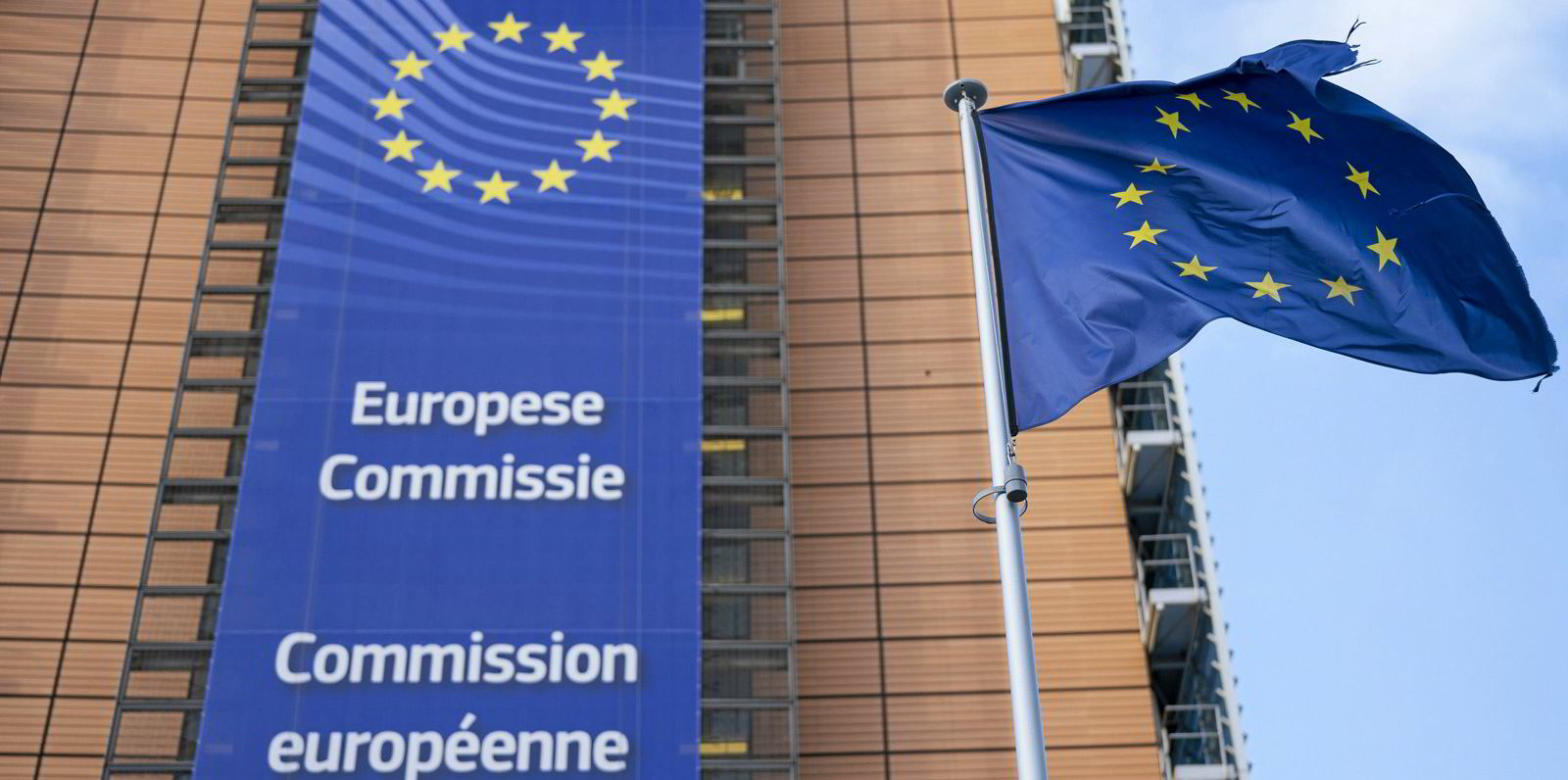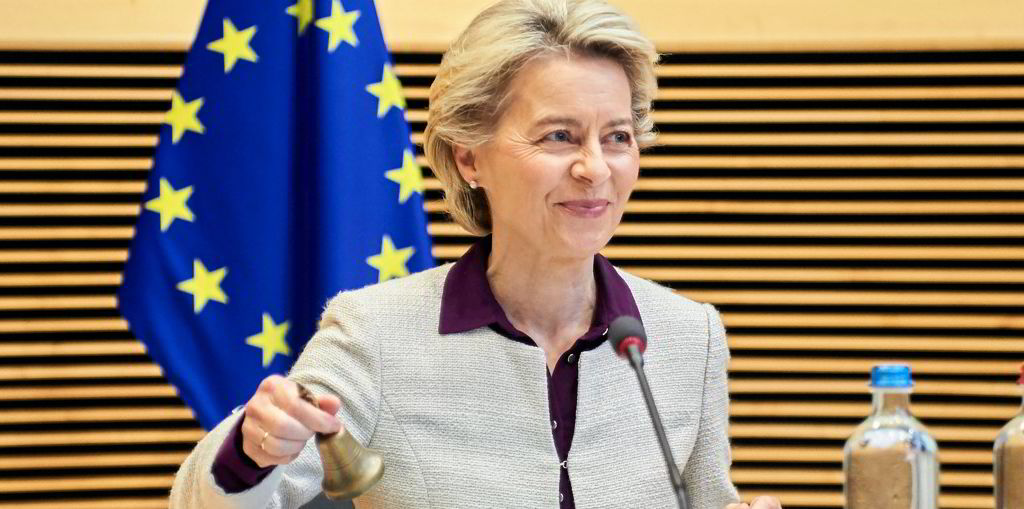For all the public squealing with pain by some leaders of the shipping industry, the wider sector is privately sighing with relief.
The long-awaited Emissions Trading System (ETS) outlined by the European Commission on 14 July is not nearly as draconian as many feared.
You could say it was a damp squib, especially as the bulk of the announcement had been leaked a few weeks earlier, so people knew largely what to expect.
Certainly the spot price of carbon, which has been volatile since mid-April for different reasons connected with natural gas values, did not budge.
The shipping ETS will be eased in gently, with nothing happening before 2023 — and then liability for only 20% of emissions for the first 12 months.
It will not be before 2026 that the full cap-and-trade system ratchets up to 100% of emissions, giving plenty of scope for shipowners to prepare. Incidentally, shipbroker Affinity (Shipping) has issued a nice little concise guide of the basic details.
It is worth saying that there is a lengthy consultation period and the measures must still be formally ratified by the European Parliament itself and its member states.
Obviously, there will be those in the shipping industry who do not believe this scheme should exist at all because they do not want the extra expense full stop or believe it is a financial racket designed to extort money to rebuild the European Union'sCovid-19-wracked economy.
Revenue raising
The latter argument seems to be the one used by Guy Platten, secretary general of the International Chamber of Shipping.
He argued that the proposals are “an ideological revenue-raising exercise, which will greatly upset the EU’s trading partners”.
“There are simpler and more effective options — such as a global fuel levy — but these require political leadership rather than political expediency,” he said.
He is right to point out that there should be a global fuel levy, but how is that going to be brought into existence?
We all know the International Maritime Organization should have led the way on decarbonisation but it has become ensnared in competing vested interests that slow decision-making.
So the EC had to act — in my view. This is political leadership and to write it off as “ideological” is misguided — or deliberately inflammatory.
The EC’s proposals are one way of breaking the logjam, putting pressure on the IMO to act finally and forcing the maritime world to play its necessary part.
Some other shipowner groups, such as the European Community Shipowners’ Associations, seem to accept this basic argument, although they have problems with some details of the scheme.

One keeps having to go back to the bigger picture. There is a climate emergency, after all — as many governments have accepted — and the Paris Agreement on climate change demands we aim to keep temperatures rising no more than a further 1.5C. How many California forest fires, German floods or Antarctic ice caps collapses are needed before action is taken?
Individual countries are going their own way, with China starting the world’s biggest carbon trading scheme just last week.
We all know the International Maritime Organization should have led the way on decarbonisation but it has become ensnared by the vested industry interests that dominate the organisation
That project can also be criticised for being too weak or lacking in ambition, but these are important steps forward in a journey we can no longer delay.
Platten is clearly hoping the US or others will legally challenge the EC and hope to send it packing — as happened with an earlier aviation scheme.
But that was 10 years ago and the pressure is much greater now. How else can one explain a jury’s recent refusal to convict climate activists who damaged Shell’s London headquarters, despite being urged to do so by the judge on the grounds there was no defence in law for their actions?
Challenges to come
All of that is not to say the EC will not be challenged over these proposals — at least for including 50% of sailings from outside the EU.
And no doubt the entrepreneurial spirit of the maritime world already will be working on ways around the scheme — via transshipment points, perhaps?
No doubt, there will also be legal disputes over what constitutes a “shipping company” — alongside relief, at least in Greece, that charterers are included in this category.
Most importantly the cap-and-trade scheme must trigger an enormous new impetus for developing ship-ready no-carbon bunkers.
If the ETS is to work properly, it will not be dependent on pollution permits based around difficult-to-verify offset projects.
Clean fuels and the engines to burn them need to become widespread as soon as possible.






